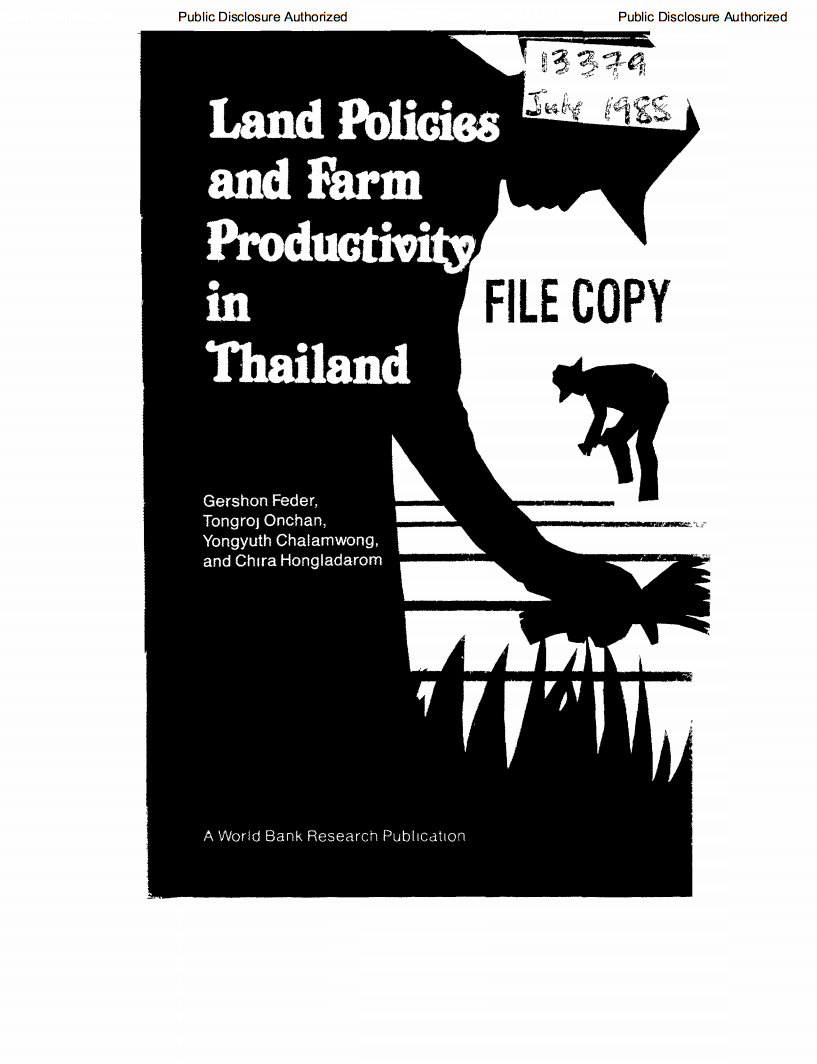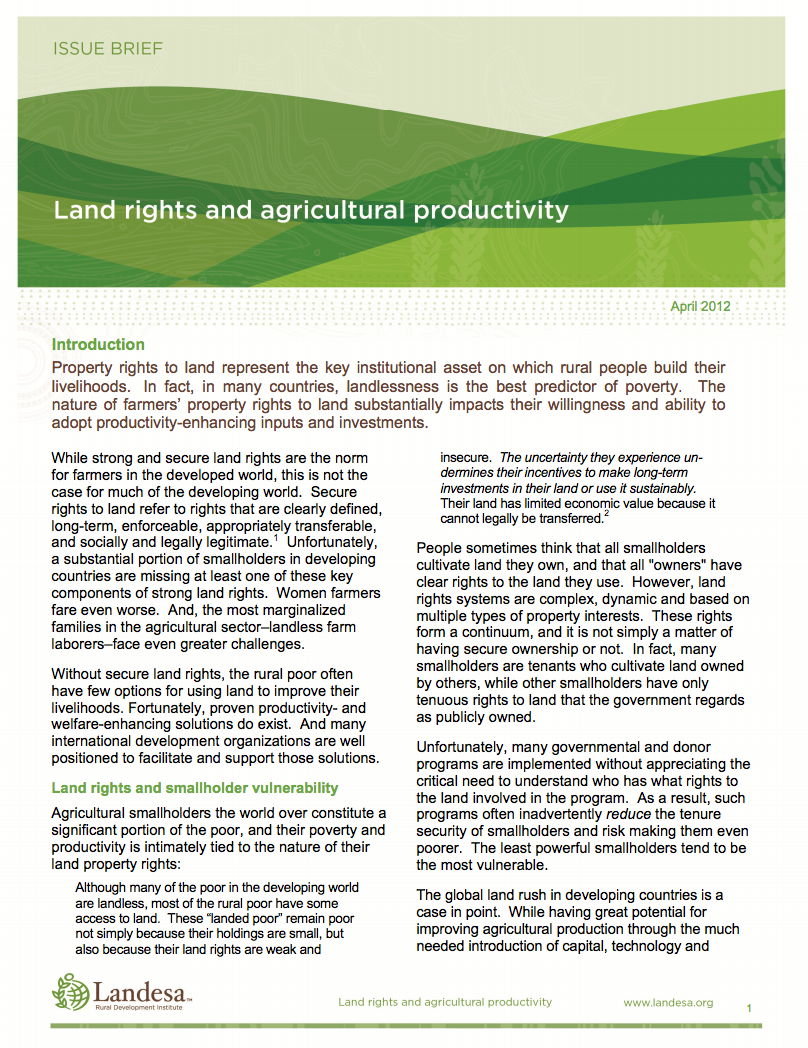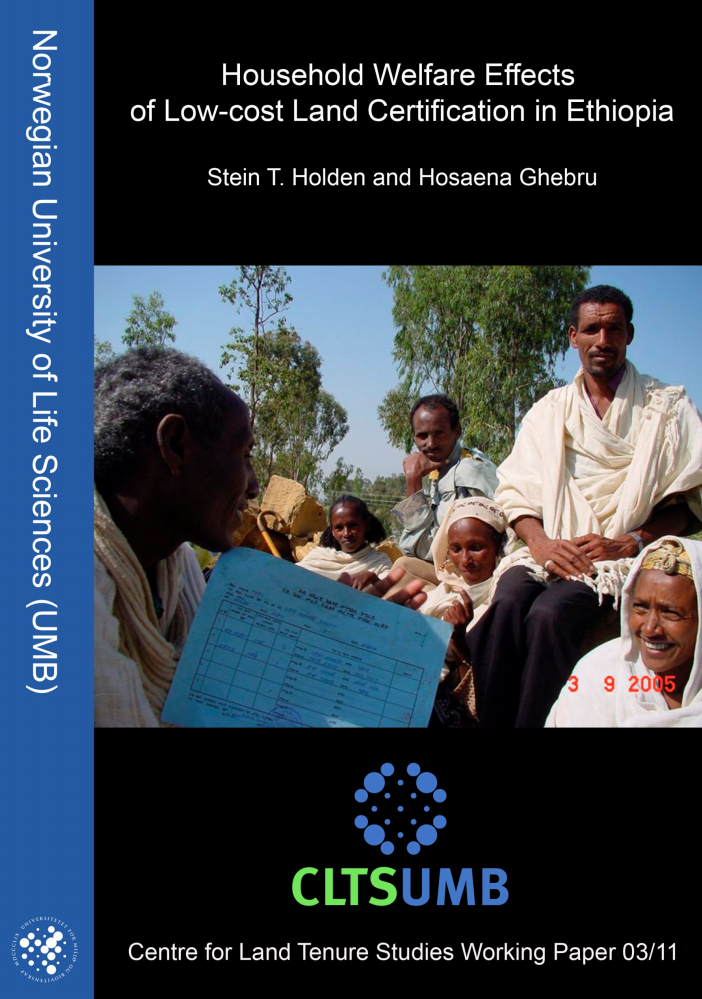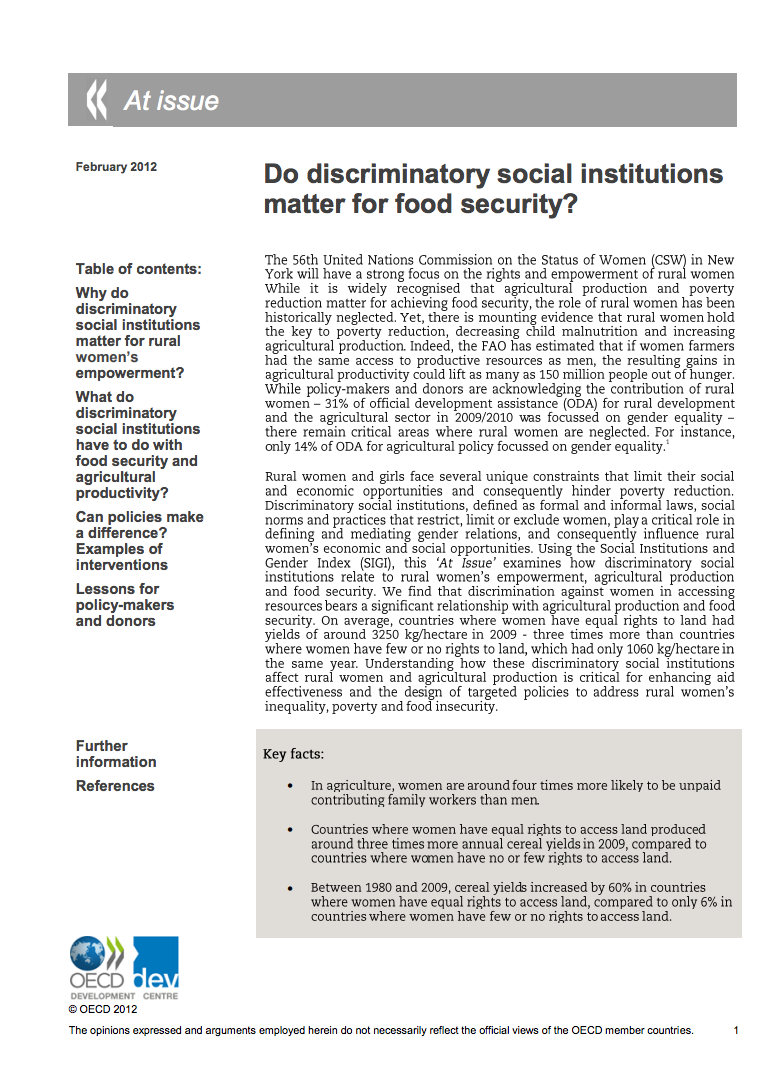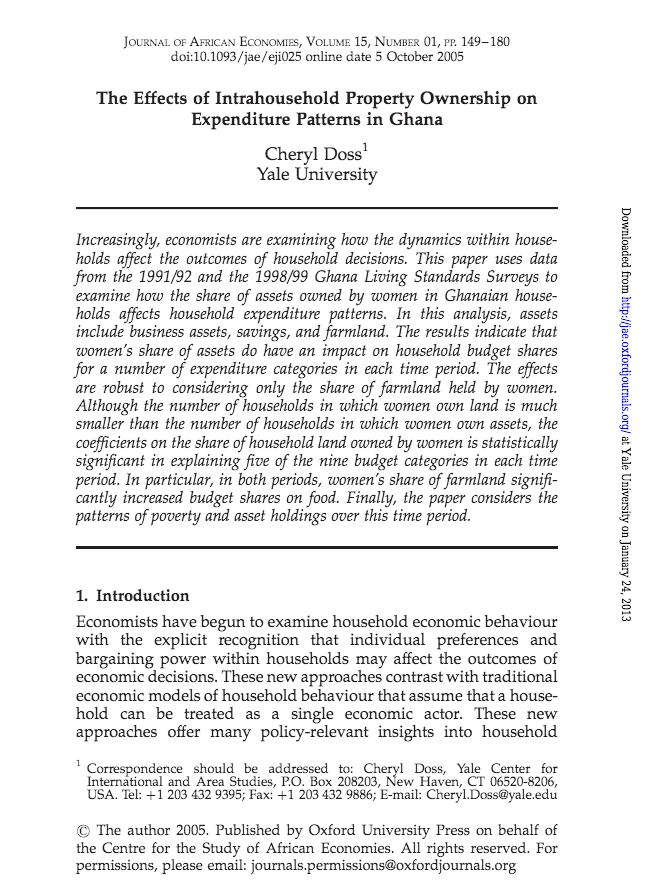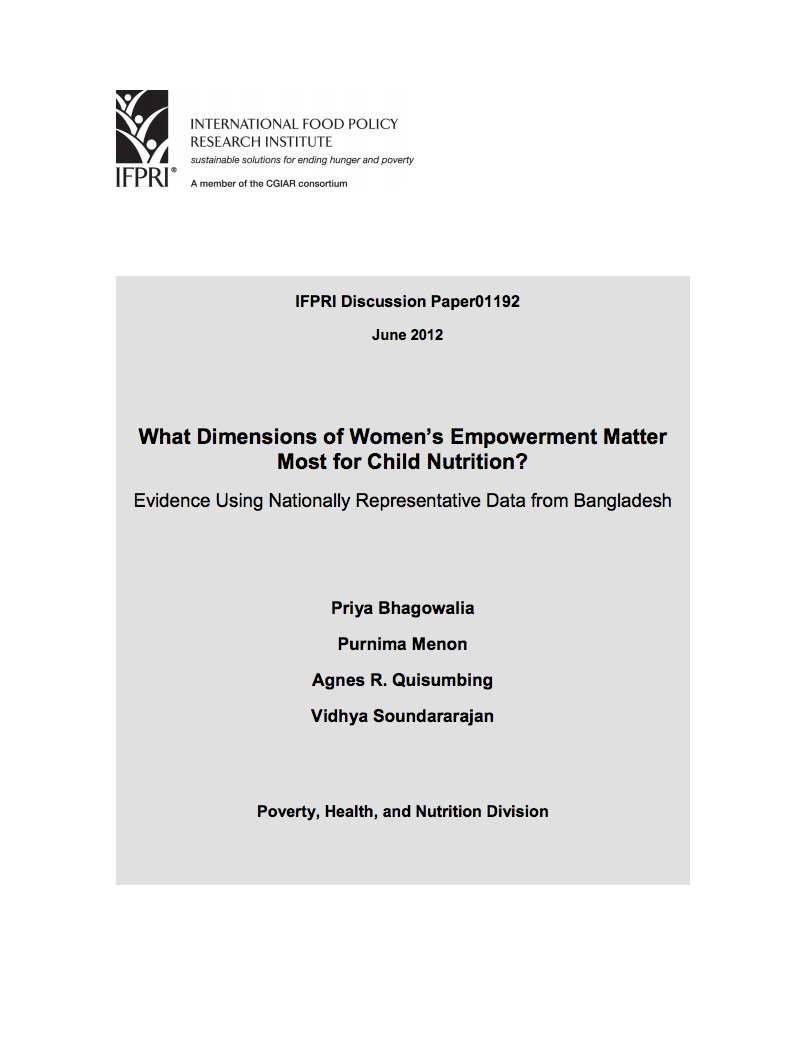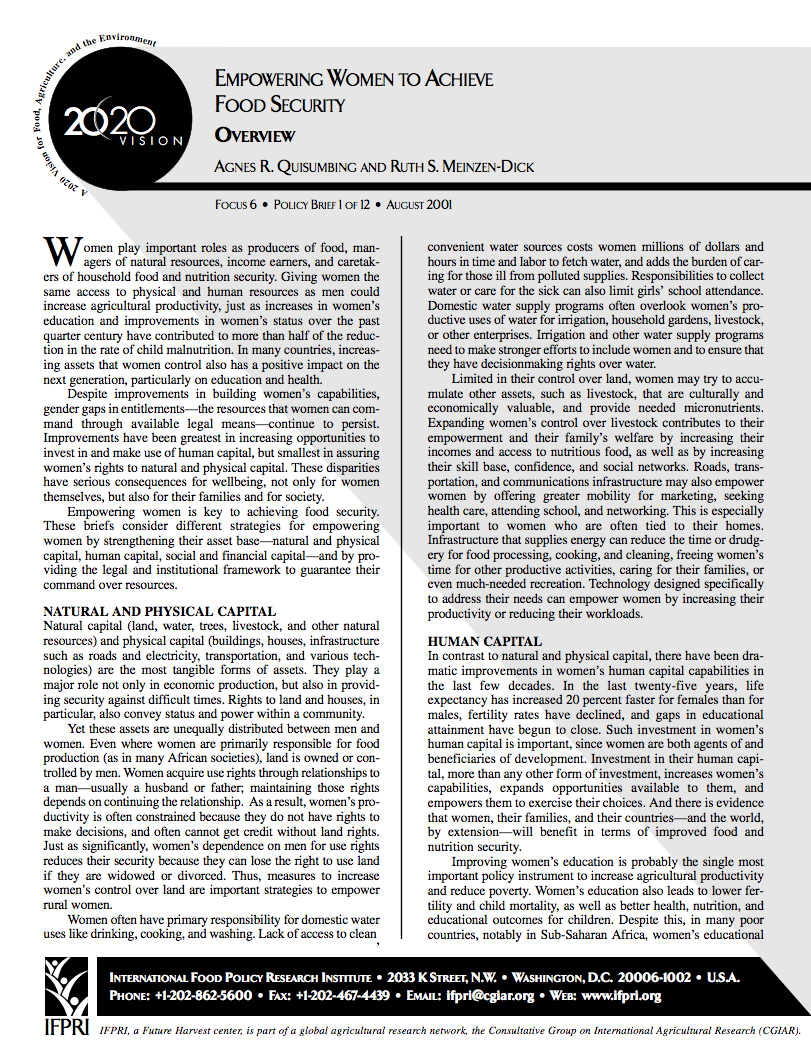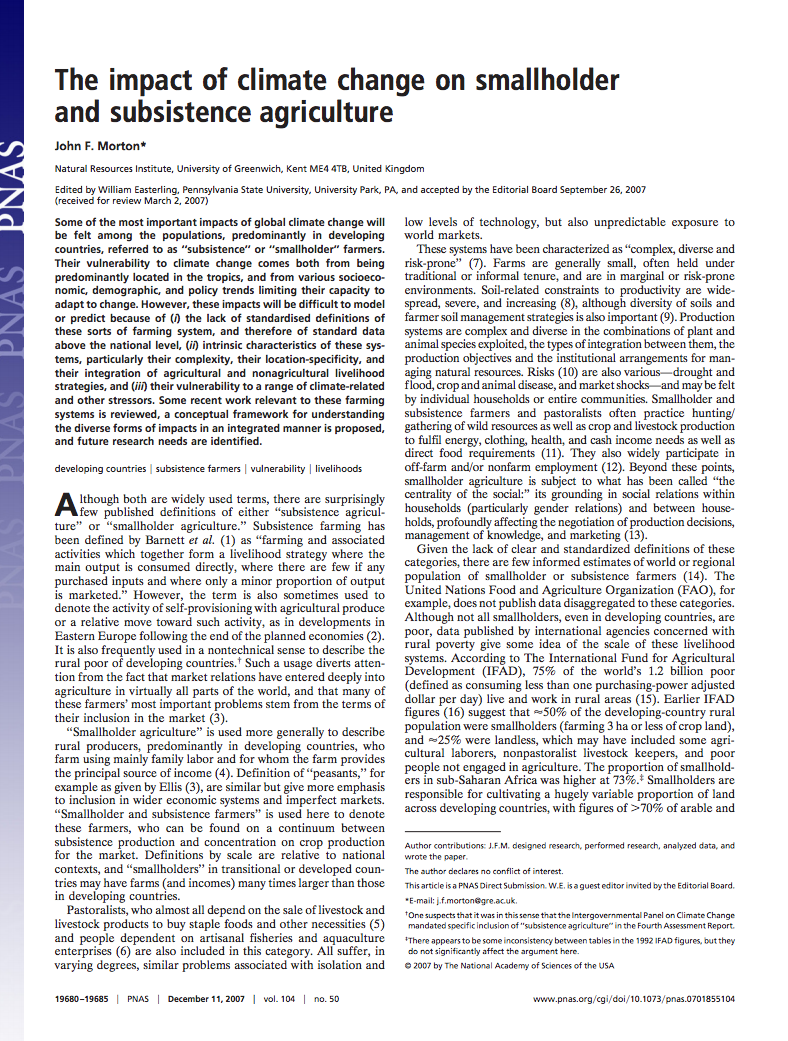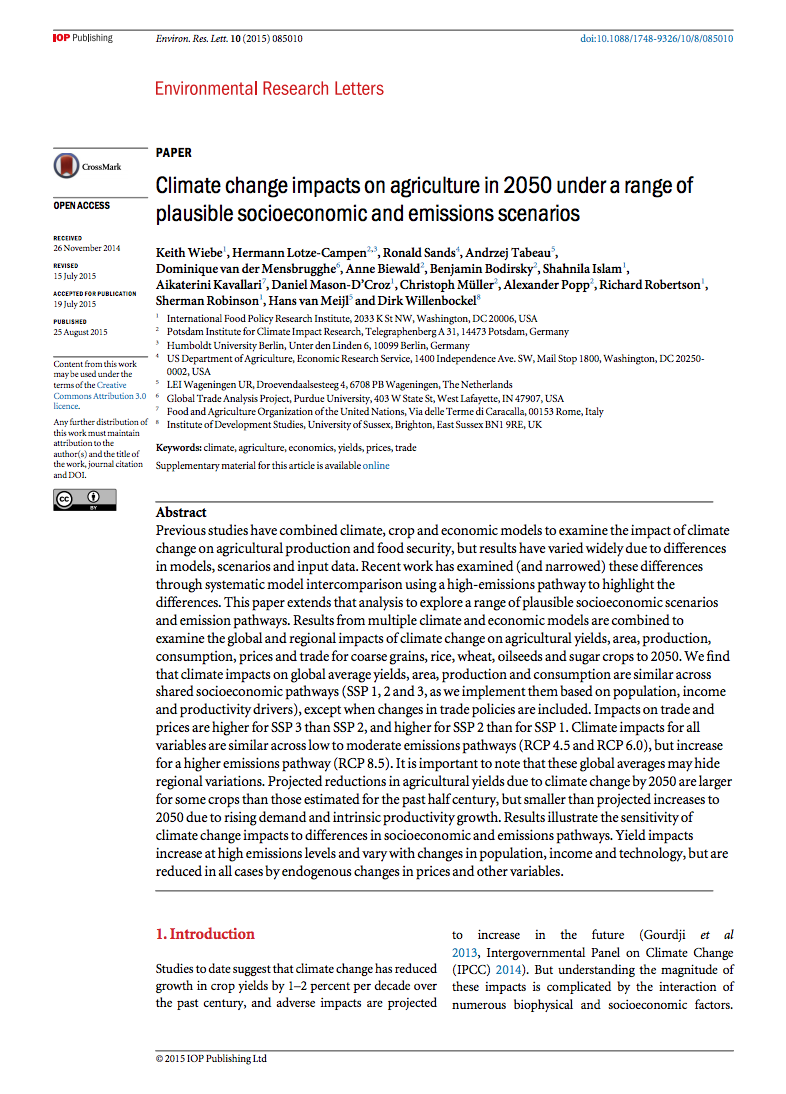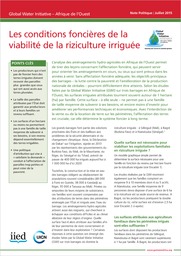Land policies and farm productivity in Thailand
This study assesses the economic implications of land ownership security in rural Thailand. It uses data from this country to rigorously analyze several aspects of land ownership security. It provides both qualitative and quantiative information on the effects of ownership security. The study presents a conceptual model and literature review and is followed by separate discussions on the evolution of land rights in Thailand; the study methodology and the nature of the data; and the credit market.

